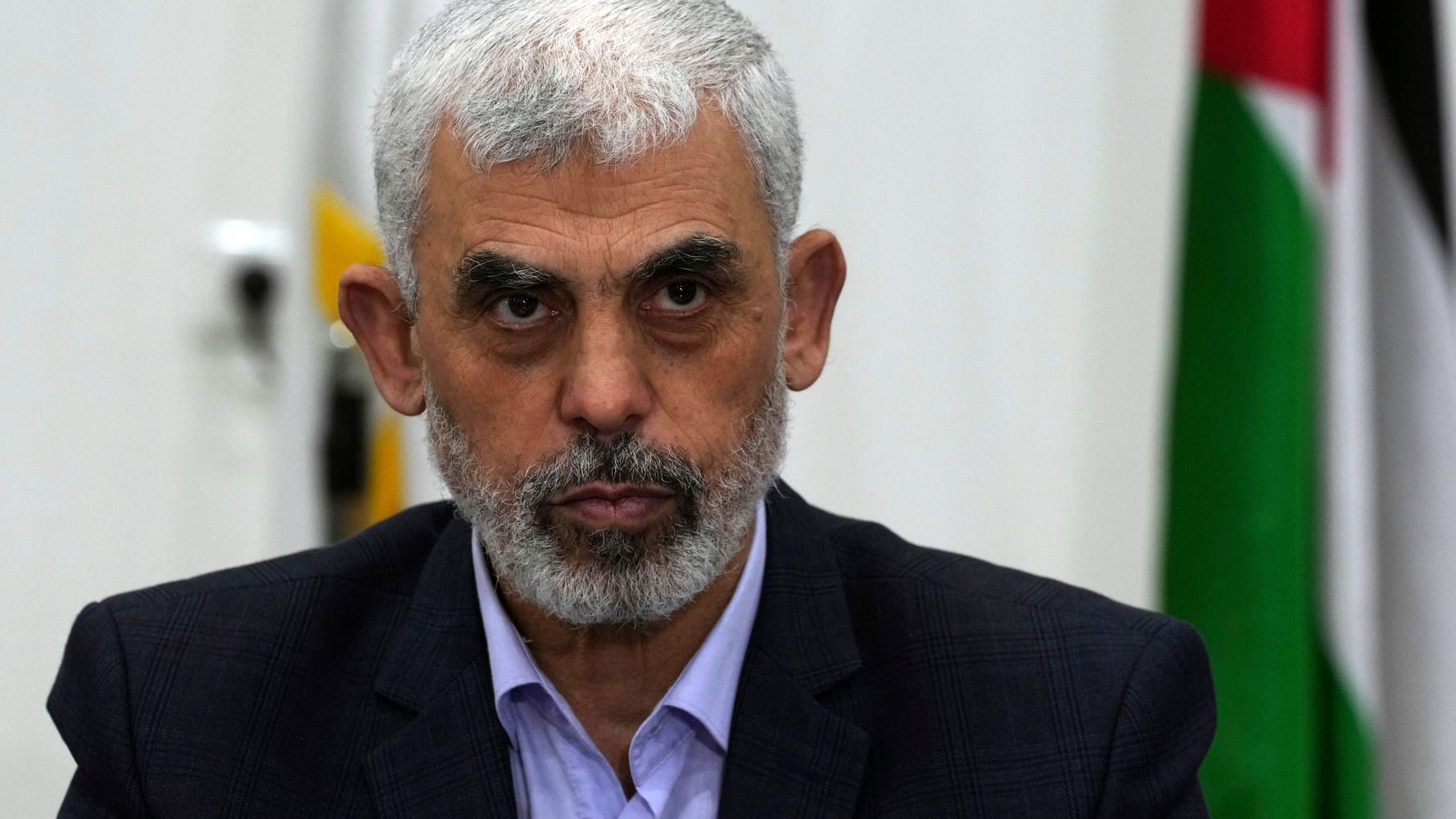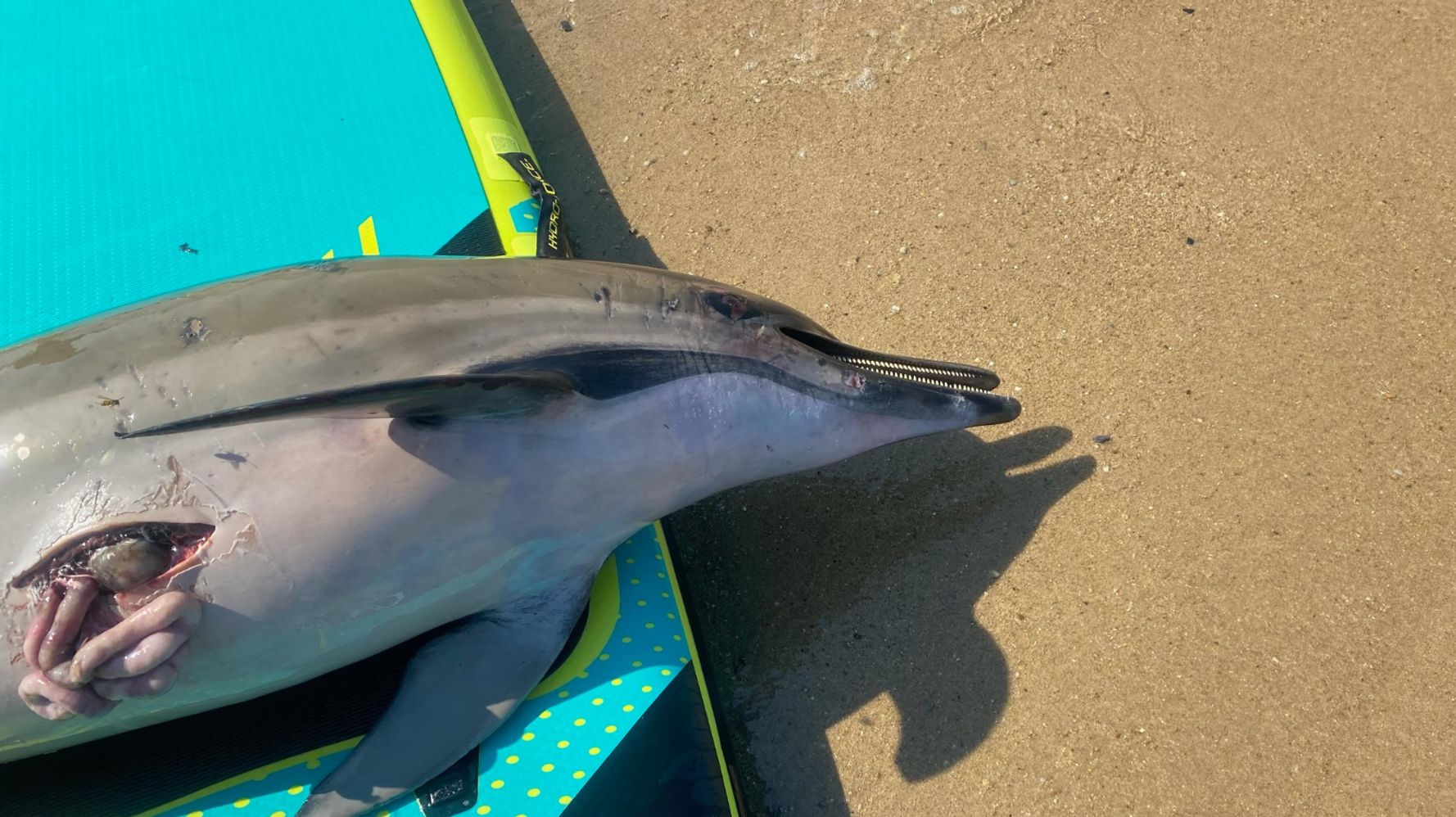Yahya Sinwar: Hamas’ New Leader in the Shadow of Conflict
The ascendance of a hardliner to the helm of Hamas raises questions about the group’s future trajectory.
Yahya Sinwar’s appointment as supreme leader of Hamas formalized a role he had effectively assumed in the early hours of October 7, when a surprise attack on Israel that he is widely believed to have orchestrated launched the bloodiest chapter yet in the Israeli-Palestinian conflict.
Sinwar was already thought to have the final say on any ceasefire deal for Gaza and the release of dozens of Israeli hostages still held by Hamas. But heavily cloaked and buried deep within Gaza, intermediaries say it can take days to exchange messages with him, raising questions about how he will manage the sprawling organization with operatives throughout the Middle East.
Hamas has survived the assassinations of several top leaders over more than three decades while maintaining a high degree of internal cohesion – and the choice of Sinwar, who tops Israel’s most-wanted list, was a defiant statement in itself.
But Hamas has never faced a crisis of this magnitude – and the man who precipitated it is now tasked with managing the fallout.
Hardening Stance Toward Israel
Sinwar’s predecessor, Ismail Haniyeh, was a veteran of Hamas’ political wing who once served as prime minister of the Palestinian Authority and had in recent years been managing its affairs from a base in Qatar.
While Hamas has always espoused armed struggle, Haniyeh and other exiled leaders had occasionally adopted a more conciliatory tone, even hinting at the possibility of a two-state solution – though they officially refused to recognize Israel.
Sinwar, by contrast, spent more than two decades in Israeli prisons, and has told interrogators that he killed 12 suspected Palestinian collaborators – earning a reputation for ruthlessness among people on both sides of the conflict.
He and Mohammed Deif, the shadowy head of Hamas’ military wing who Israel claims to have killed in a recent strike, spent years building the group’s military might and are believed to have masterminded the October 7 attack. Around 1,200 people have been killed in Israel, and approximately 250 were taken hostage when gunmen breached the border that day.
In recent negotiations, “Haniyeh had played a big role in trying to convince Sinwar to accept a ceasefire proposal with Israel,” said Hugh Lovatt, an expert on the Israeli-Palestinian conflict at the European Council on Foreign Relations.
Sinwar has pressed demands for the release of hundreds of Palestinian prisoners, a complete withdrawal of Israeli forces from Gaza, and a permanent ceasefire – even as nearly 40,000 Palestinians have died in the war, which has flattened much of Gaza.
Israeli Prime Minister Benjamin Netanyahu insists he will continue the war until Hamas is utterly vanquished and all the hostages are returned.
“Haniyeh’s assassination already put negotiations back to zero,” said Lina Khatib, a conflict expert at Chatham House, a London-based think tank. “This latest move by Hamas makes negotiations even more difficult.”
Saddaq Abu Amr, head of the Palestinian Dialogue Group, a Turkey-based think tank, said that while Sinwar’s elevation may seem like a “provocation against Israel,” a deal is still possible, adding that in his new role, “he may take a step that surprises everybody.”
Leading From the Shadows
Gauging how Sinwar will lead Hamas is difficult because of the secrecy that shrouds both the man and his movements. He has not made a public appearance since the war began, and made only infrequent public statements even before October 7. He is likely hidden deep within Hamas’ vast network of tunnels and largely cut off from the outside world.
While he is expected to set overall policy and will have final say on any ceasefire deal, the day-to-day operations of Hamas in the Israeli-occupied West Bank and elsewhere are likely to be managed by the exiled leadership in Qatar, Lebanon, Turkey, and Iran.
“There are issues on which he might take a decision, and there are issues that can be managed by his deputies and the rest of the political bureau,” said Hani al-Masri, a veteran Palestinian analyst who has met most of the top Hamas leaders over the years, including both Haniyeh and Sinwar.
A series of targeted killings, meanwhile, has likely forced other Hamas leaders to curtail their movements and contacts. That could eventually weaken the organization, even though it retains the support of many – though not most – Palestinians.



